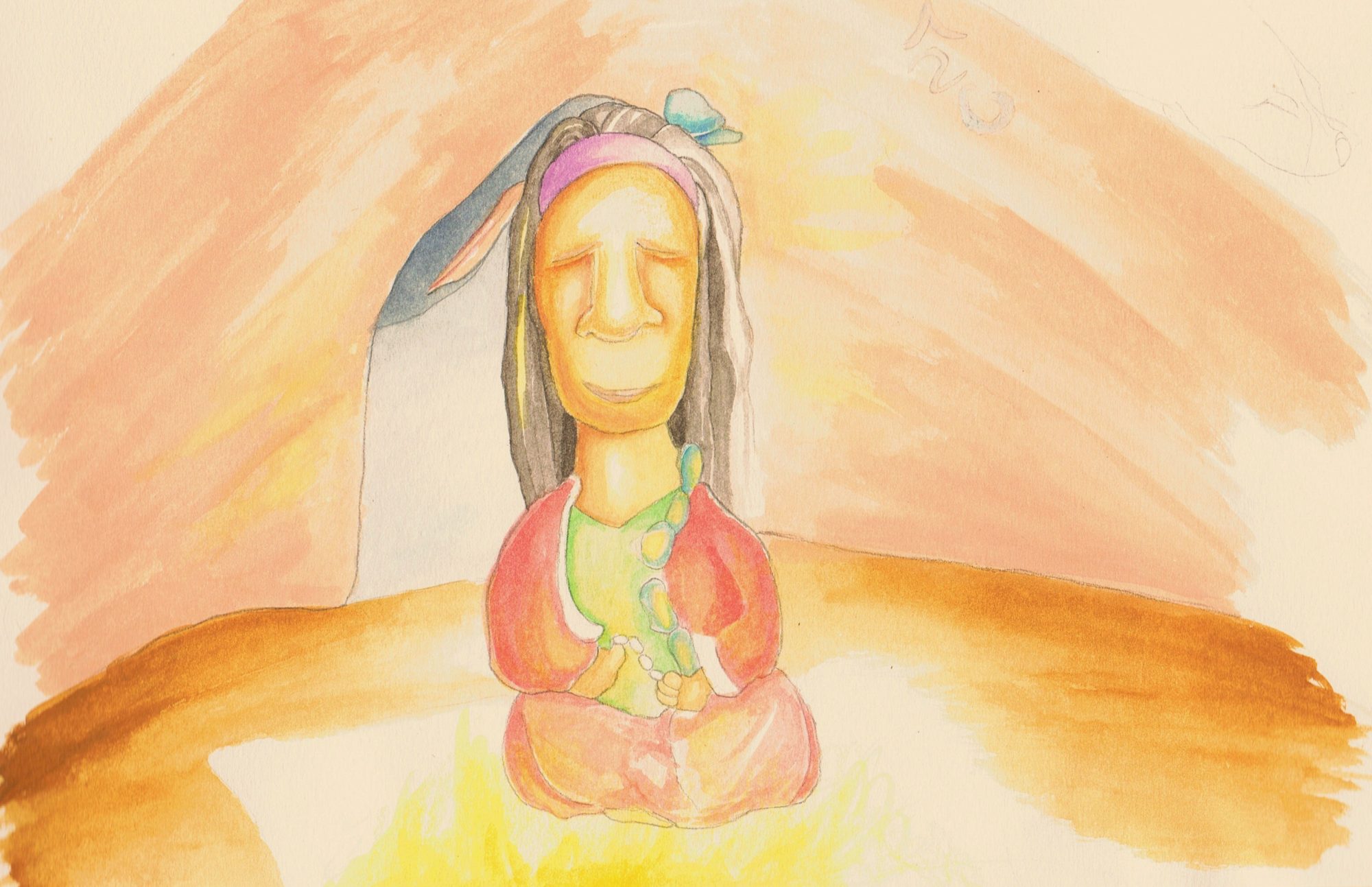Being stupid is the expression of a negative attribute by someone who should know better. We know better than to treat someone with dementia as stupid. Stupid people often do things that are detrimental to their self or other people. It is human nature to encourage others not to be stupid by advising them of a better course of action.
Pointing out someone’s stupidity is never beneficial for them. Pointing out the stupidity of someone with dementia is itself stupid. When someone cannot see the problem of their own actions, pointing it out will not help them. Nobody consciously acts in a stupid way. An action is only stupid when it does not result in a desired outcome.
We all act sub-consciously based on the beliefs and programmes that we hold in our memory. Whether an action is seen as sane or stupid, rational or irrational, is a matter of perspective.
When I take a conscious action it is because I have reasoned it to be right or I intuitively know it to be a good course of action for me. Our stupid actions are either sub-conscious reactions or deliberate actions based on insufficient information or intelligence.
When memory is compromised, intelligence is compromised and choice is compromised. When choice is compromised, the ability to know what is right or wrong, good or bad, beneficial or detrimental, is also compromised.
A positive aspect of dementia is that it suspends judgment. When judgment is suspended, so is the criticism & condemnation of the sanity or stupidity of others.
From a higher perspective, criticism & condemnation are both stupid actions they are both based on an assumption that what is happening is either bad or wrong. I either believe it to be wrong or I feel it is not good. The only reason that I ever feel bad about anything is because I believe it to be wrong.
With the mental inability to criticise someone’s thinking or condemn someone’s actions, there can be no judgment. In the absence of judgment there can be only acceptance. With dementia, I am forced to accept someone else’s actions based on their beliefs because I have no choice.
Mental criticism is a judgment of whether someone’s belief is right or wrong. Condemnation is a result of judgment of physical actions being bad, based on a belief that they are not good & lawful. A complaint is a judgment based on an emotional feeling that is detrimental and not beneficial.
I complain when something hurts my feelings and I complain when I feel pain. What causes me to feel pain, I experience as a complaint.
Dementia is a mental incapacity, not an emotional incompetence. Whereas, it soon becomes pointless or impossible for a dementia patient to criticise or condemn, the ability to complain is still very much evident.
A complaint is a statement that I am not happy with whatever is presently occurring. Happiness is a pure emotional state of being. Pure emotional feelings are wavelengths of energy transmitted on a frequency of pure thought.
Dementia does not inhibit the realisation of pure thought. It is impure thinking that causes the feeling of unhappiness or misery. There is no reason to believe that the sub-conscious disconnection to the mind causes misery or unhappiness.
A dementia patient is capable of being as happy or as miserable as their carer. This means that the emotional state of being of the carer is of utmost importance to the welfare of the patient. When the carer is happy, they allow the patient to express their own happiness and when the carer is miserable, the patient soon resonates in sympathy with the carer’s apathy.
It is not a carer’s job to make the patient happy. The carer’s job is to ensure that the physical needs of the patient are taken care of and they are reasonably comfortable & content.
It is not the carer’s job to make the patient unhappy. We upset other people by being insensitive to whatever they need emotionally in order to connect to their own inner happiness.
We upset other people with our criticism, condemnation & complaint. It is our own miserable attitude and negative demeanour that disallows a positive experience for the patient.
It requires a high level of emotional awareness and sensitive detachment to remain happy in the presence of other people’s misery.
The reason a baby cries is because they are uncomfortable, hungry, thirsty or in pain. Crying is the only way that a baby can complain.
Dementia patients complain for the same reasons that babies cry. Usually because they are in some kind of pain or discomfort. When there is no pain, there is no complaint and there is no reason for any unhappiness.
Being connected to one’s own source of true happiness is the most sane & reasonable state to be in.
Believing that other people depend on you for their happiness is both unreasonable & stupid from the perspective of both a dementia patient and their carer.
